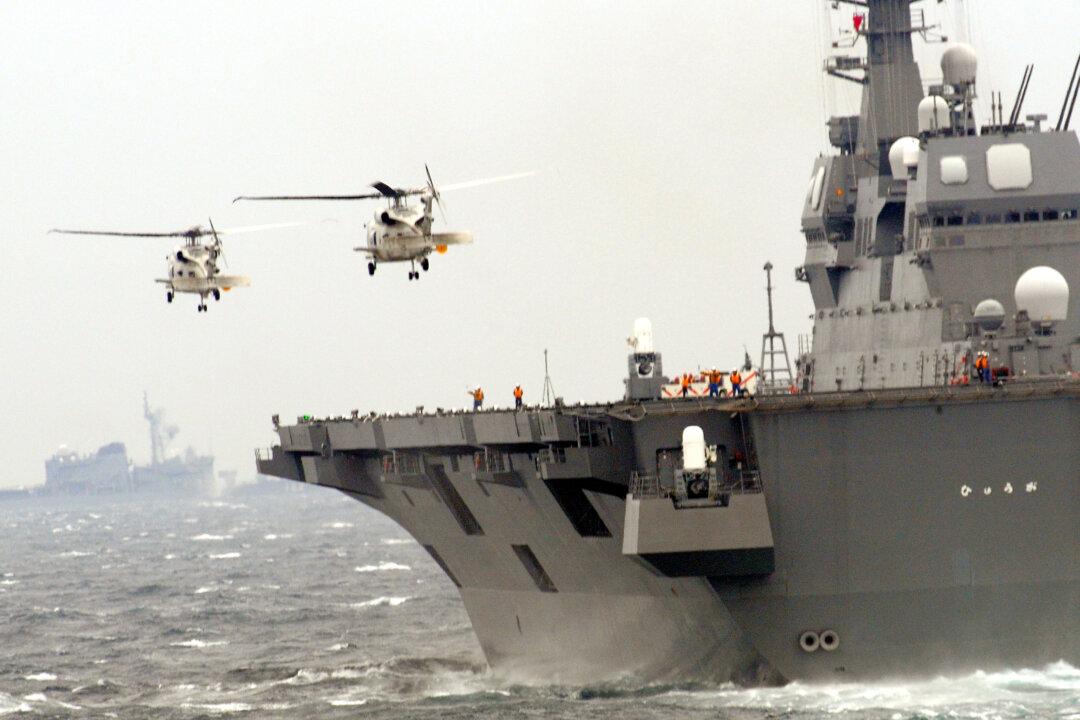Commentary
U.S. Secretary of State Antony Blinken and Defense Secretary Lloyd Austin included an extended deterrence dialogue (EDD) when they met with their Japanese counterparts in Tokyo on July 28 for “2+2” security talks.

U.S. Secretary of State Antony Blinken and Defense Secretary Lloyd Austin included an extended deterrence dialogue (EDD) when they met with their Japanese counterparts in Tokyo on July 28 for “2+2” security talks.